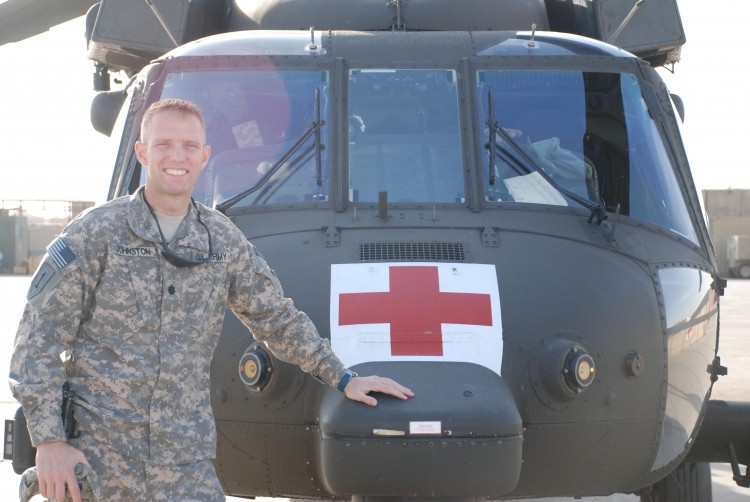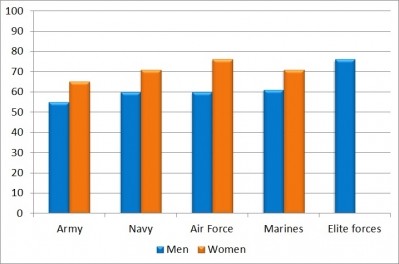Low omega-3 levels put US service members at risk of poor cognitive flexibility and executive function

Measuring the omega-3 index of 78 serving US soldiers in Iraq revealed that, while there were no associations between omega-3 levels and anxiety, depression, or sleep, there were strong associations with cognitive flexibility and executive function, according to findings published in Nutritional Neuroscience.
The researchers measured red blood cell levels of EPA + DHA using the HS-Omega-3 Index by Health Diagnostic Laboratory, Richmond, VA.
“The diminished cognitive reserve observed in the lowest quartile HS-Omega-3 Index might compromise performance of mission essential tasks, specifically those requiring dual-tasking,” wrote the researchers, led by Dr Dan Johnston from the Comprehensive Soldier Fitness/Performance, Resilience and Enhancement Program, at the Headquarters of the Department of the Army, in Washington, DC.
“Clearly, ingesting more EPA and DHA can increase the HS-Omega-3 Index, whether from food or fish oil supplements. If it could be shown that a higher omega-3 intake improved executive function and cognitive flexibility, mission effectiveness, and overall military operational and medical readiness should also be enhanced.”
Speaking with NutraIngredients-USA, Dr Johnston said that the researchers were surprised by the strength of the association between omega-3 levels and cognitive flexibility and executive function.
“We discovered that deployed soldiers had much lower levels of EPA and DHA than age-matched group from the general population,” said Dr Johnston.
Omega-3 and the military
The US Military has a strong interest in the potential health benefits of omega-3 for service members, particularly for the potential cognitive effects for soldiers in active duty.
A 2011 study published in the Journal of Clinical Psychiatry found that male US military personnel on active-duty between 2002 and 2008 with the lowest levels of DHA (docosahexaenoic acid) were at a 62% increased risk of suicide than counterparts with higher levels.
Study details
Dr Johnston and his co-workers recruited 78 personnel from two US military camps for their study. Blood samples were taken and used to measure the HS-Omega-3 Index. The participants also completed a battery of psychosocial and computerized neurocognitive tests to test a variety of measures.
Results showed that the mean omega-3 index was 3.5% for the participants, which is significantly lower than the 4.5% previously reported for people of the same age in the general US population.
“This relatively low HS-Omega-3 Index [of 3.5%], given the deployment setting and likely low content of omega-3 fatty acids in the rations, is perhaps not surprising,” wrote the researchers.
There was no association between the omega-3 levels and scores for anxiety, depression, or sleep. There were, however, direct associations with cognitive flexibility and executive function, particularly in the 81% of participants who reported to having poor sleep.
An interesting observation was that people with poor sleep quality but above average omega-3 levels seemed to have a ‘resilience to fatigue’, said Dr Johnston, and had higher cognitive flexibility and executive function scores than sleepy participants with lower omega-3 levels.
The obvious next step was to test the effect of omega-3 supplementation on such people, said Dr Johnston, and such a study has already been performed. Data from this randomized, placebo-controlled trial are currently being analyzed and should be published in a peer-review paper later this year.
“On the basis of our findings and other research, educating Service members to choose foods high in omega-3s and raising the EPA and DHA levels in rations should be considered for general health promotion and possible performance optimization,” concluded the researchers.
Source: Nutritional Neuroscience
Published online ahead of print, doi: 10.1179/1476830512Y.0000000025
“Red blood cell omega-3 fatty acid levels and neurocognitive performance in deployed U.S. Service members”
Authors: D.T. Johnston, P.A. Deuster, W.S. Harris, H. MacRae, M.N. Dretsch
















